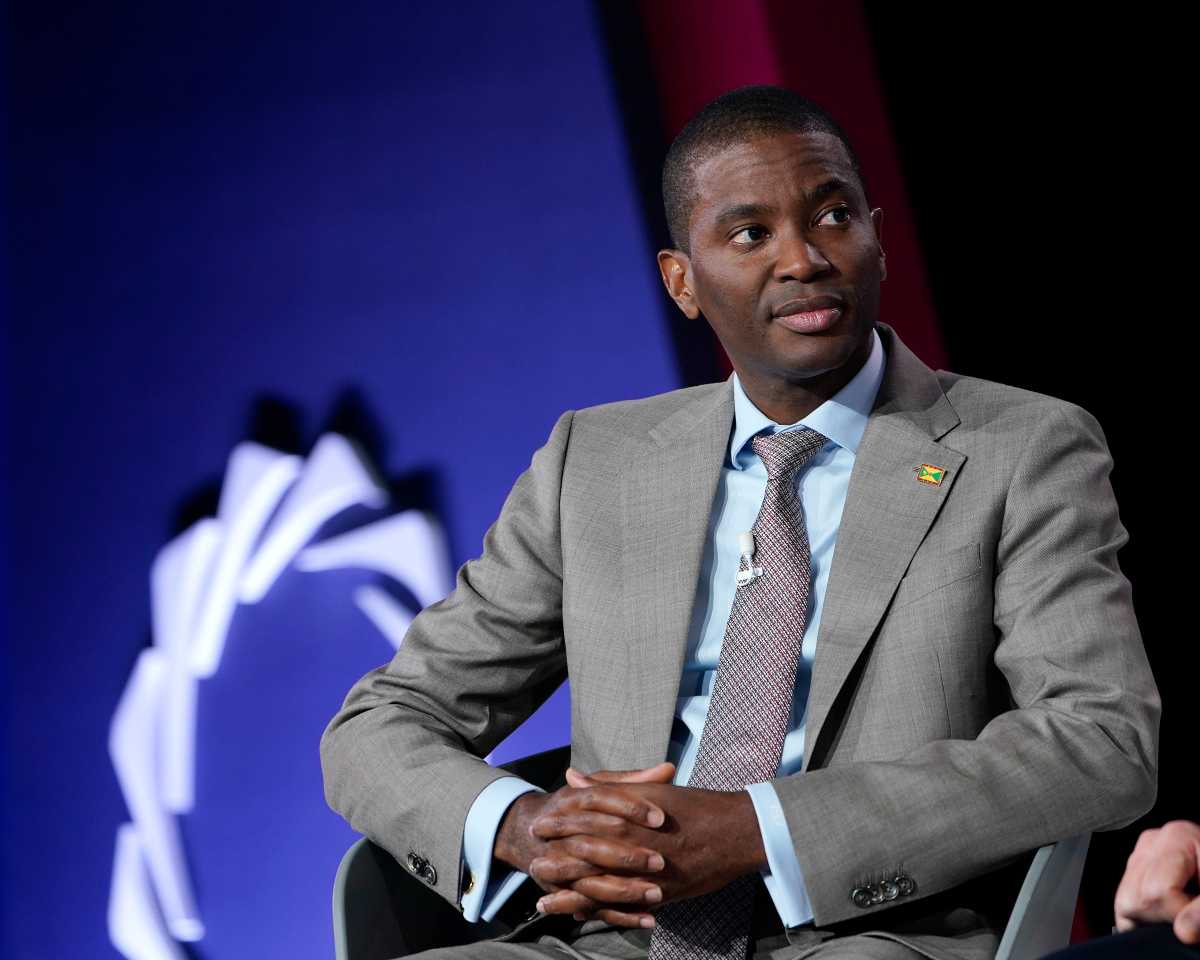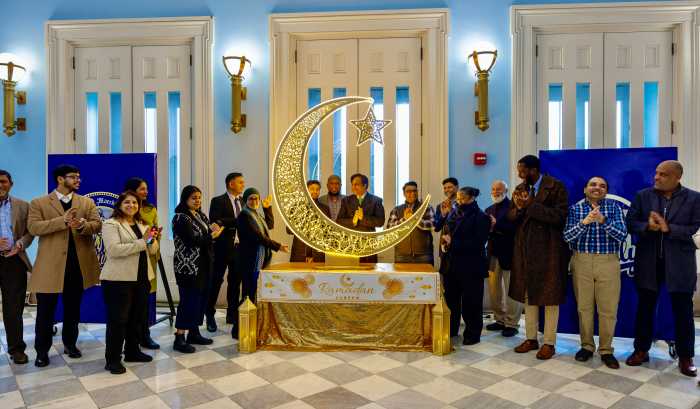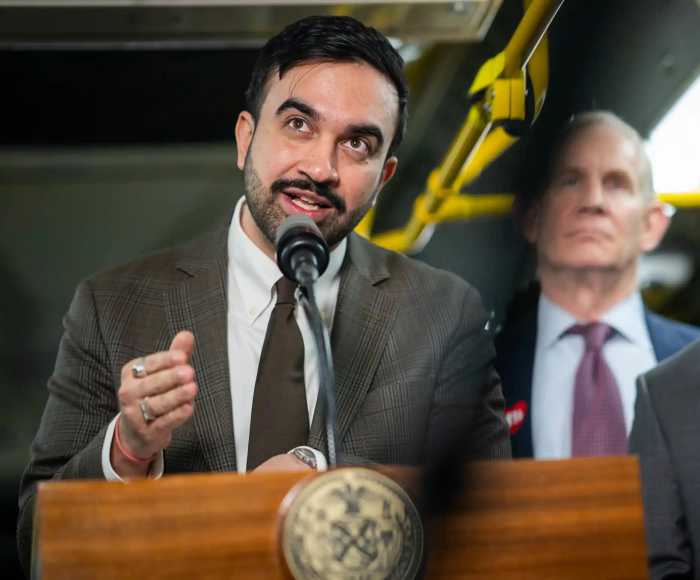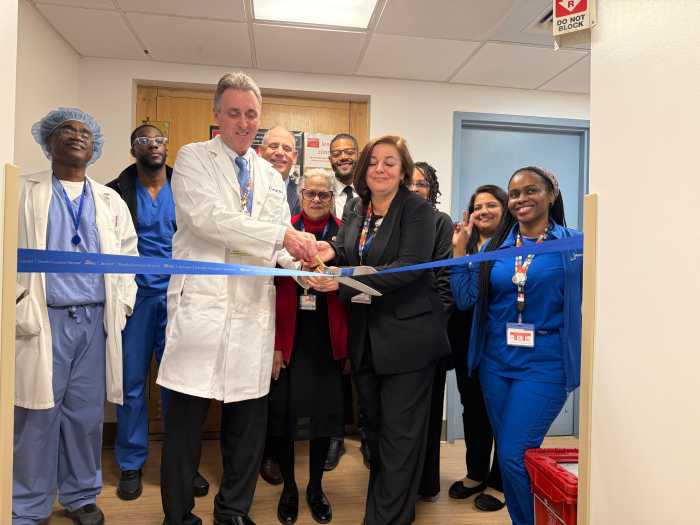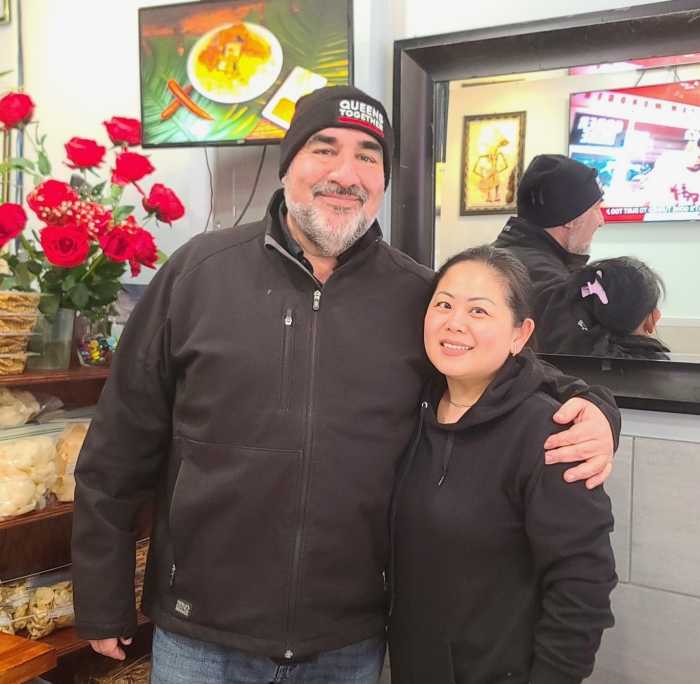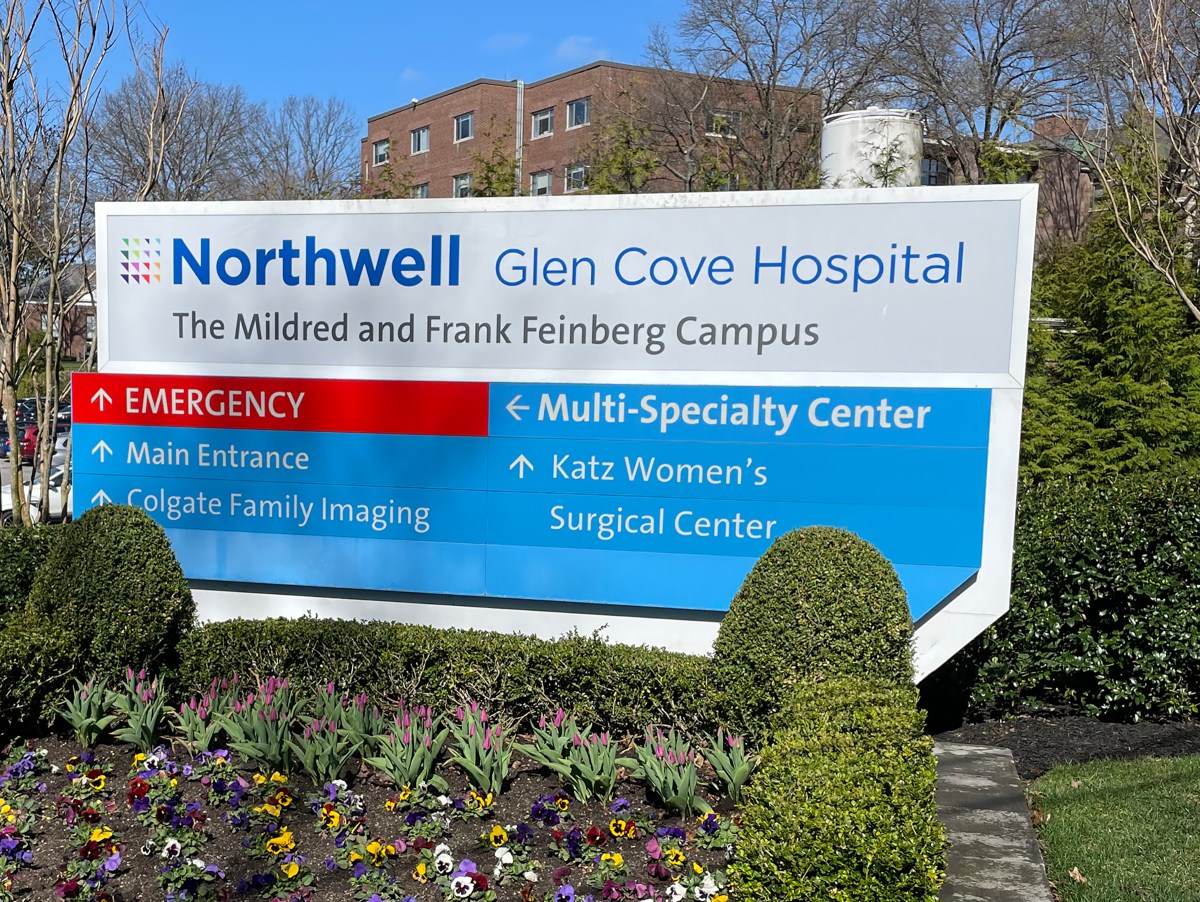Stunned by the fact that the Trump administration has carried through with threats to revoke American entry visas for Caribbean officials linked to the Cuban medical brigade program, Grenada’s government, on Friday, said it has yet to receive formal notifications about visa revocations.
A government statement indicated that foreign ministry officials are engaging the State Department regarding Wednesday’s announcement that an unspecified number of Grenadian officials and their families have canceled their visas because they have enabled the controversial hiring of Cuban medical professionals to work in the Eastern Caribbean island.
Washington has been railing against the program for much of this year, charging that the Cuban government draws the majority of the pay of every worker, with only a small portion going to doctors, nurses, biomedical engineers, and others working in CARICOM, dubbing it as slave labor and human trafficking.
So far, only officials in Grenada, with its tally of more than 100 medical workers, have been targeted. Guyana, the Bahamas, and Antigua recently gave clear signals of plans to pay the workers directly to avoid running afoul of the Trump administration on this issue.
“The Ministry of Foreign Affairs is actively engaged with the authorities of the United States, through established diplomatic channels, in addressing this matter. We assure the people of Grenada that your government is attending to this situation with the utmost responsibility and in the best interests of our nation. We urge the public to be guided by official information issued by the ministry, as we will provide further updates as appropriate,” the brief statement noted.
Grenadian officials were adamant about not being too worried about losing their visas, contending that the Cubans provide a lifeline service to the local health sector and should remain. Other Caribbean governments have made similar arguments, suggesting they intend to continue the arrangements, even if they have to tweak the payment system.


